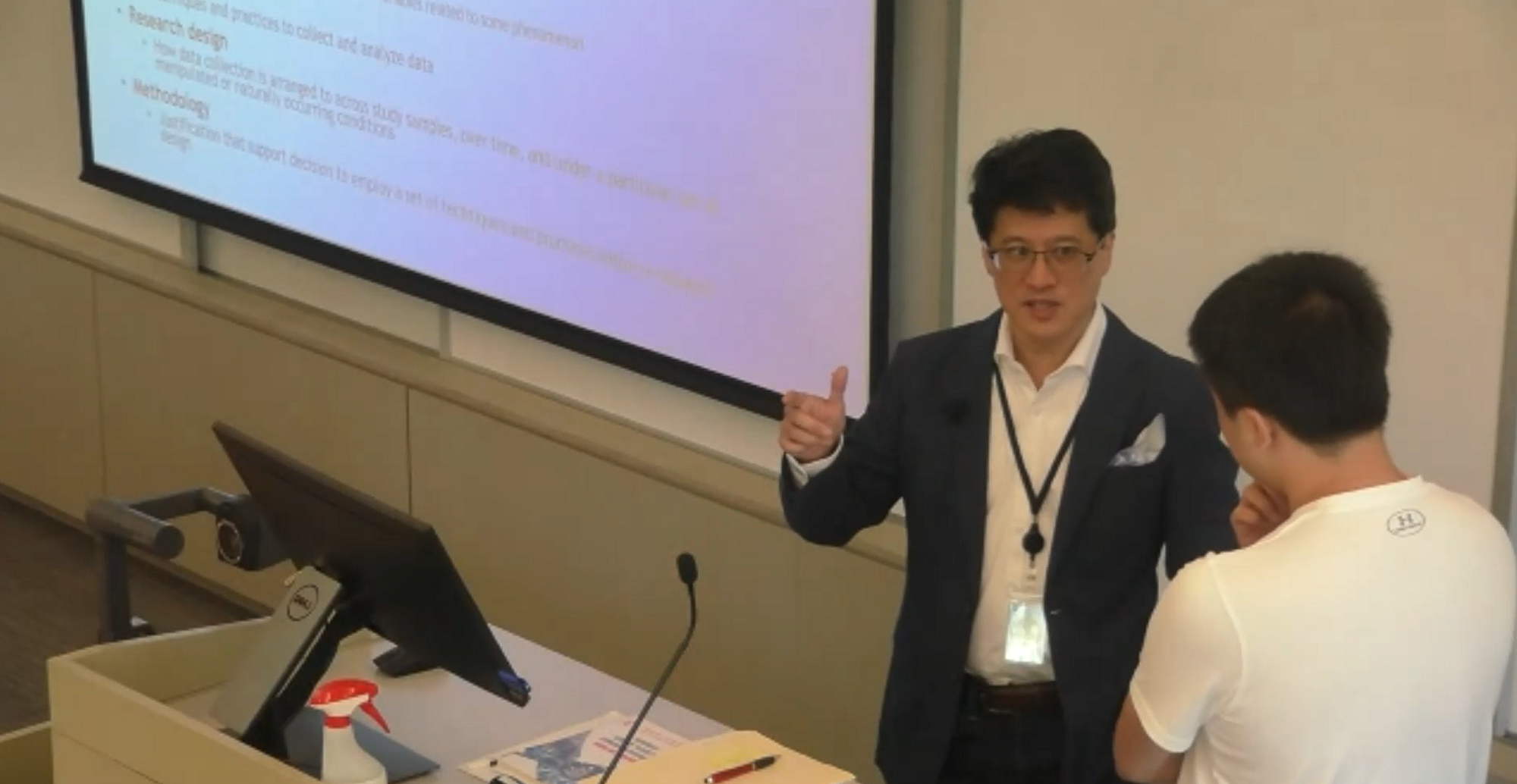In a prior post I expressed one different way to look at the ROI of blogging by not measuring blogging ROI directly but directly measuring the alternative as a proxy (in some sense).
Now Jeffrey Hill has been conducting a great series of interviews on the use of blogs in business. In his post he interviews Christine
Halvorson, Chief Blogger at Stonyfield Farm (where she oversees from four to five blogs). When asked by Mr. Hill about the costs of blogging, the dialogue went as follows:
CH Exactly. Our biggest expense is me.
JH Are the blogs particularly expensive to run?
CH Absolutely
not. We have hardly spent any money. We bought the software, hired a
contract designer once or twice for a couple of hundred dollars worth
of work, but it’s really minimal.
So as Jeff Nolan pointed out recently, at some point weblogs might be viewed as just of cost of playing the game – they might follow the historical path of the website (where initially no one thought they needed them but now they are widely dispersed).
True. True. Some companies may also take things further though to look at the lifetime value of a customer. Carl Sewell (I’m not sure if he is a blogger) built from the ground up the largest luxury car dealer in the United States (I might add that Sewell is located in Dallas). Probably over $1 billion in revenue. The company is based on SERVICE. Mr. Sewell once said something to the effect (don’t quote me on the exact numbers) that he viewed people looking to by cars as the $366,000 customer. That is over the lifetime of a relationship with Sewell the company could expect that customer to buy more cars and spend $366,000 over the customer’s lifetime. When you take that orientation with your audience and prospects, it makes you look at the relationship angle much differently than just selling one car.
Steve Shu
Managing Director, S4 Management Group
